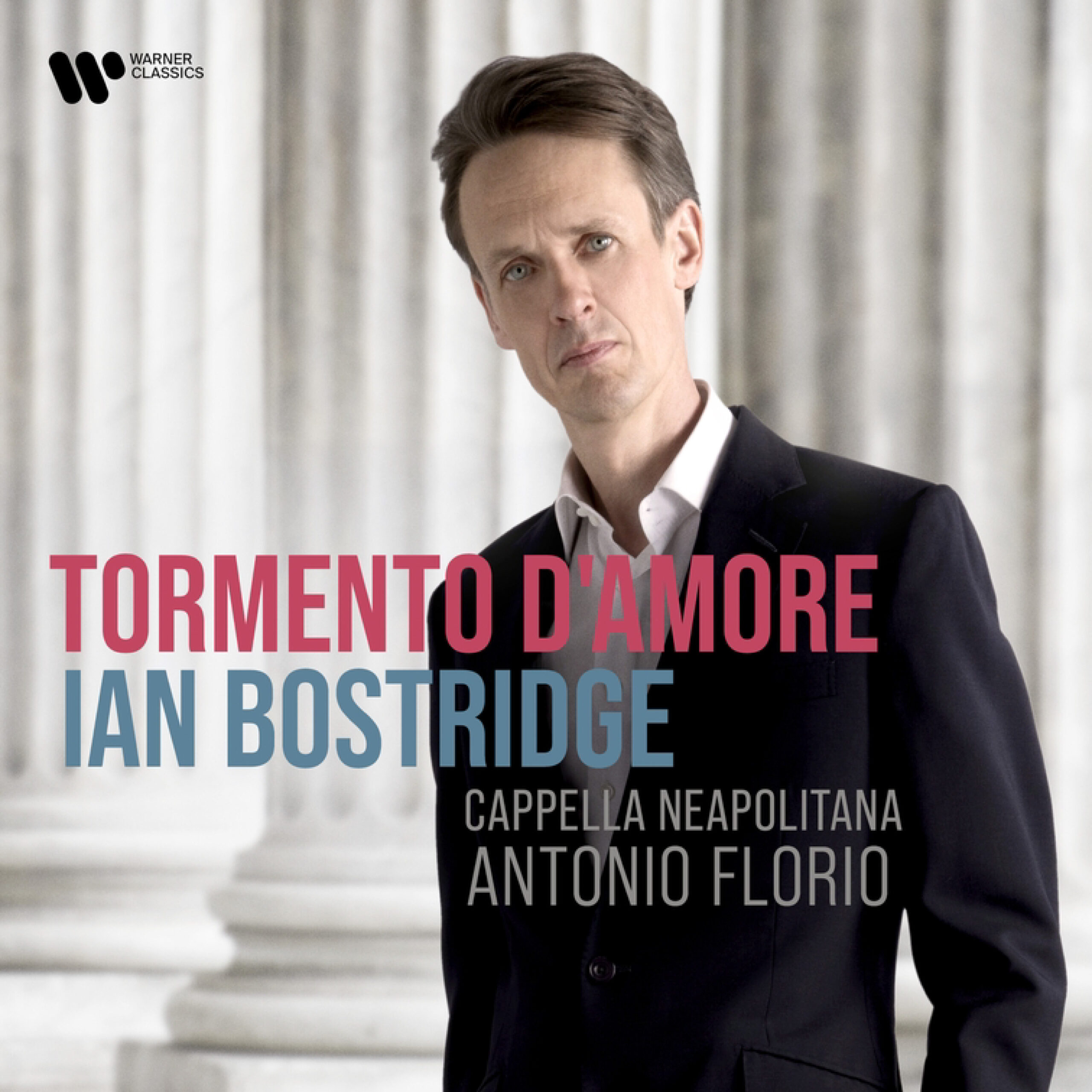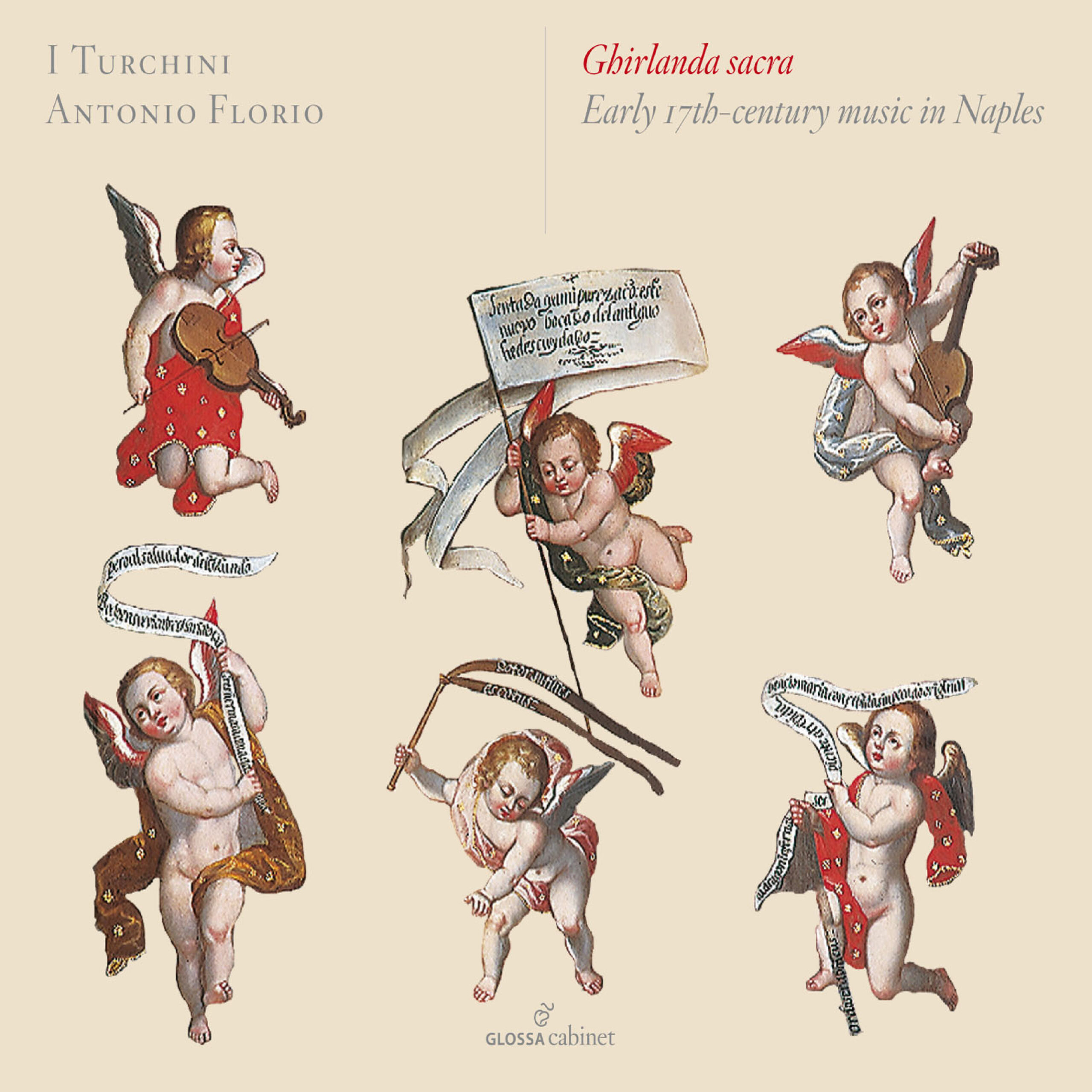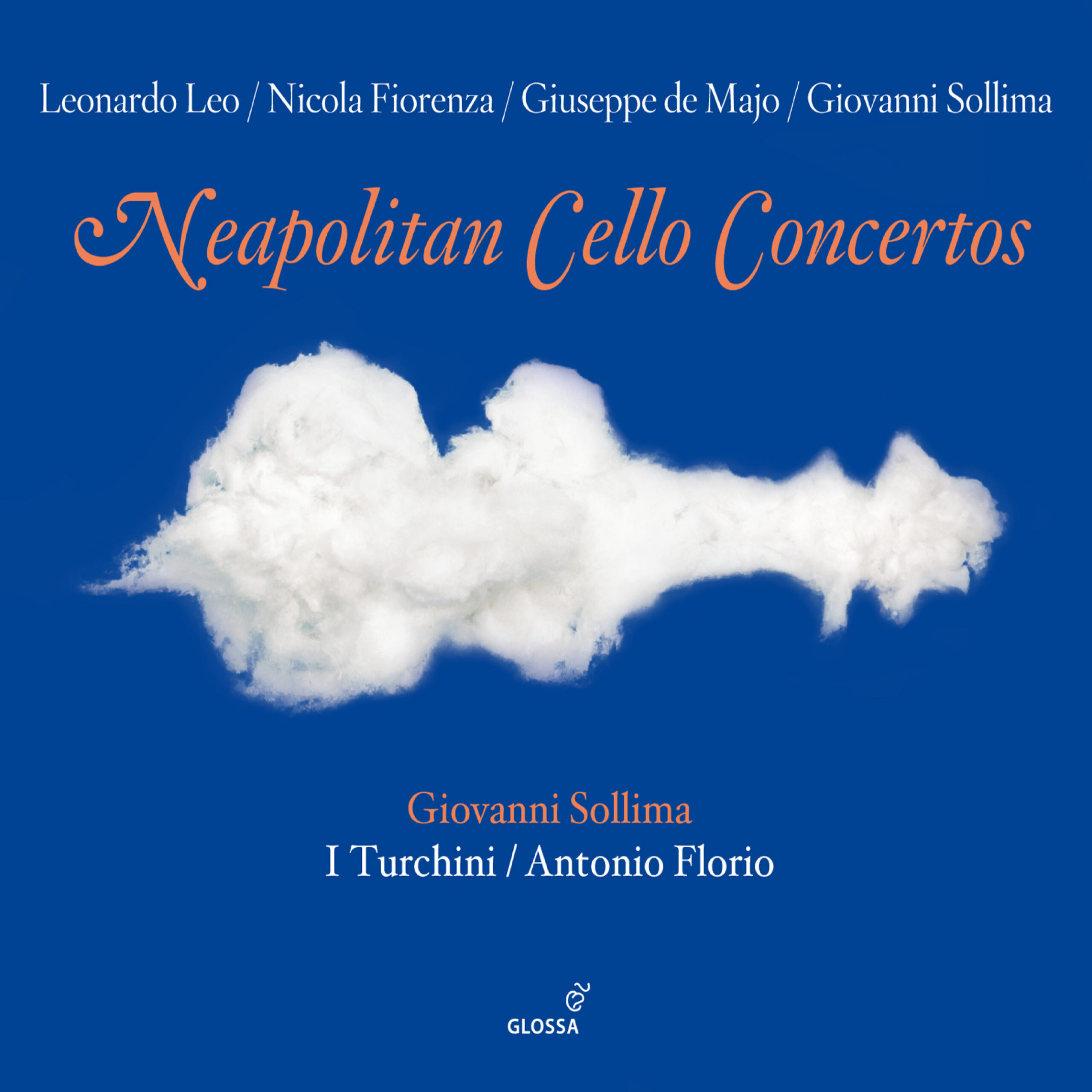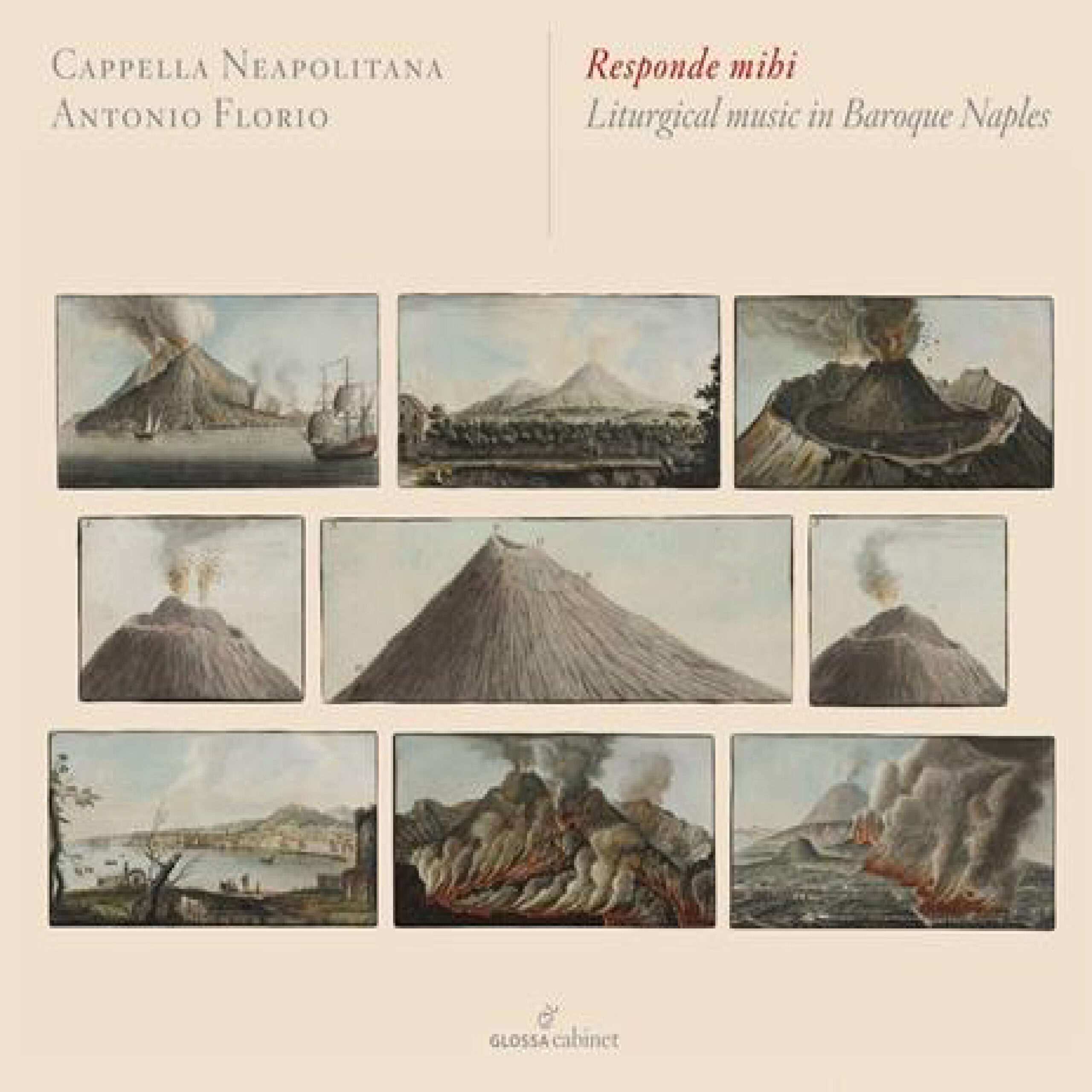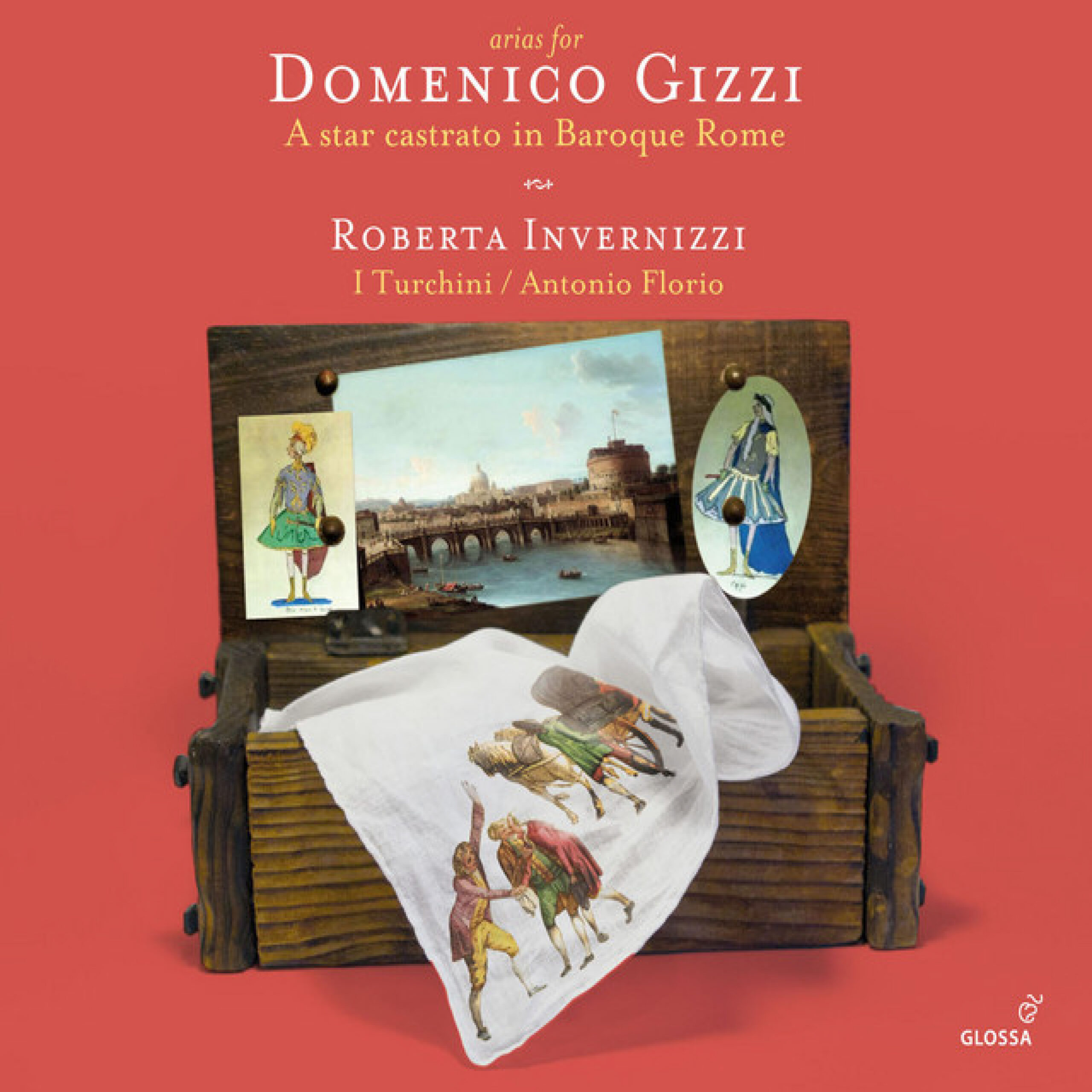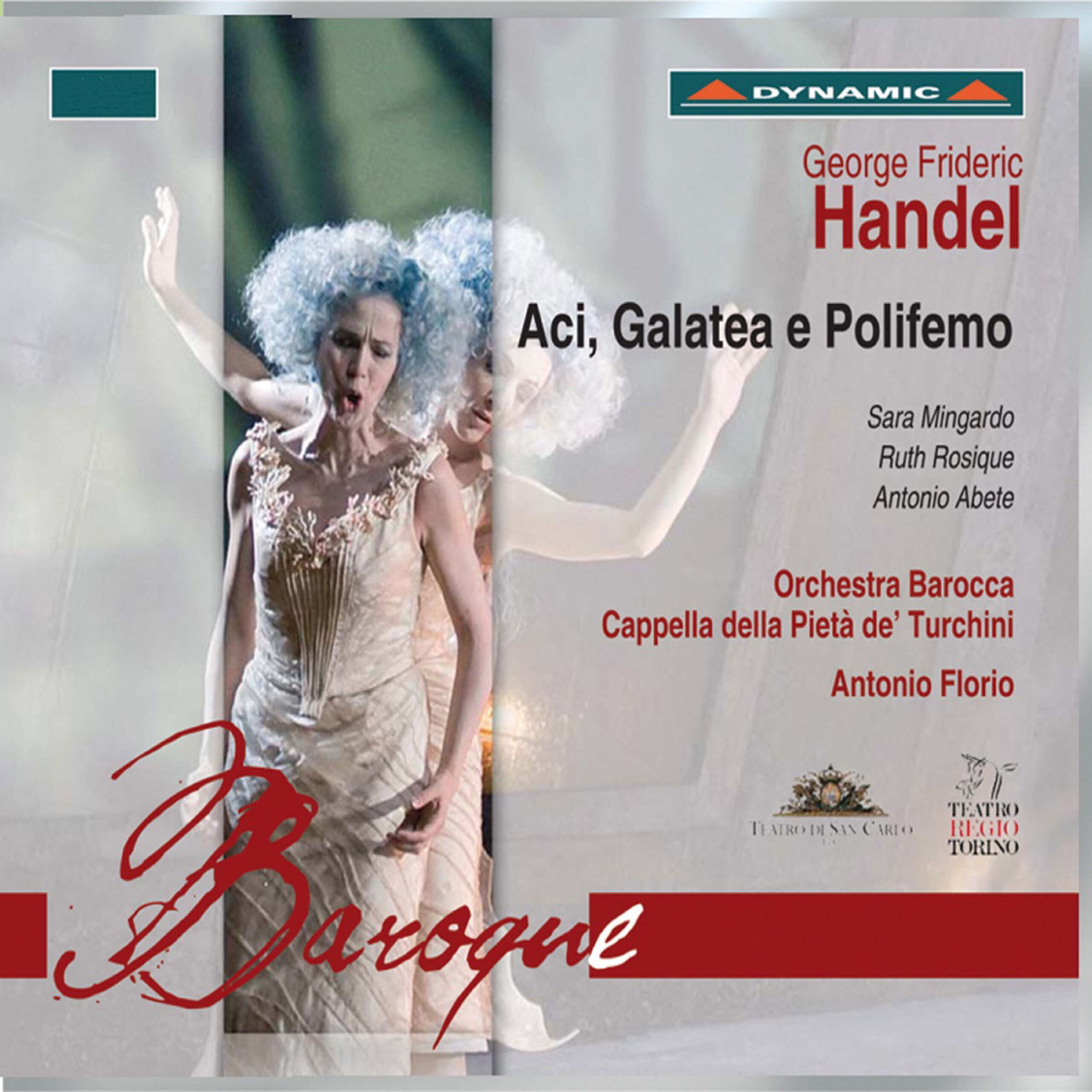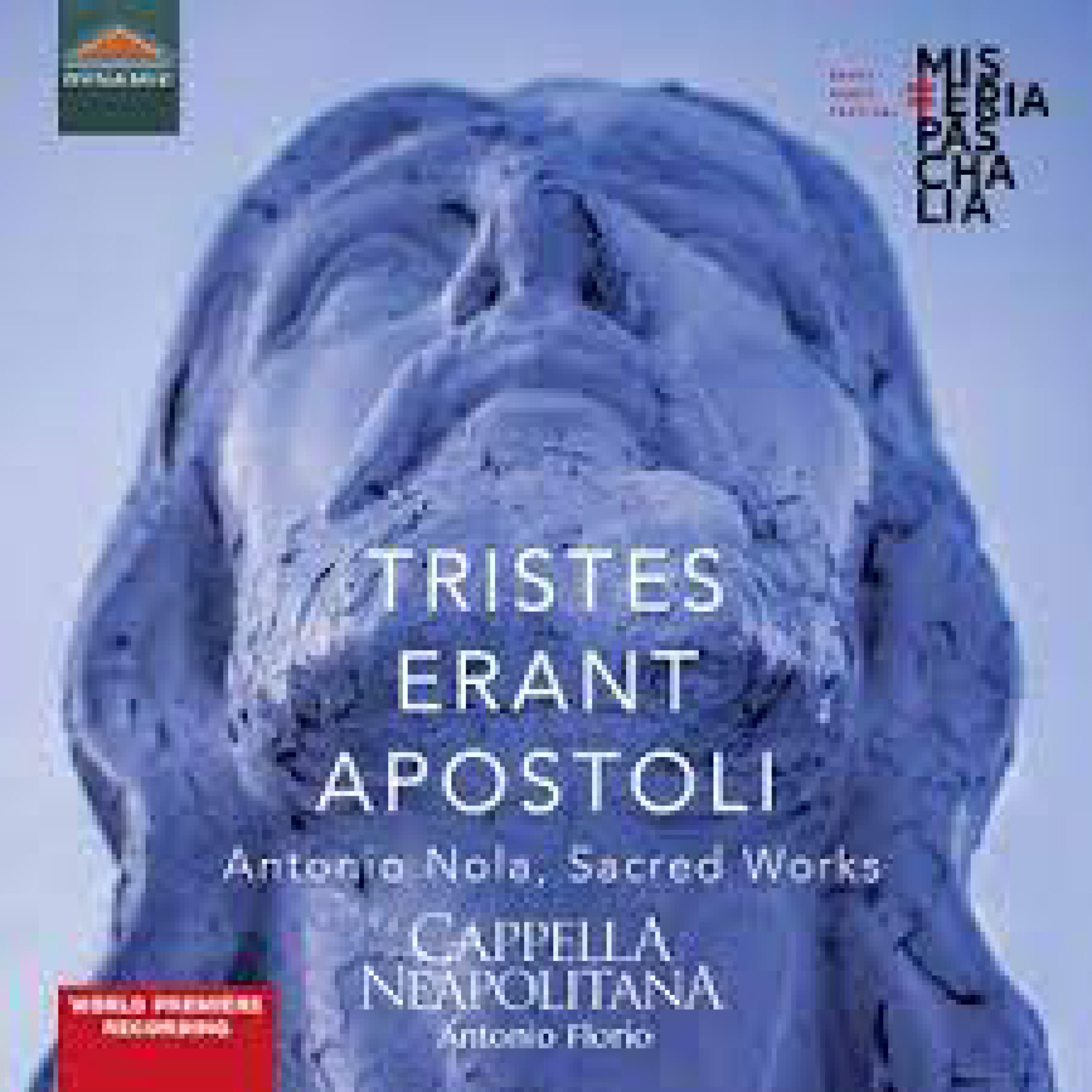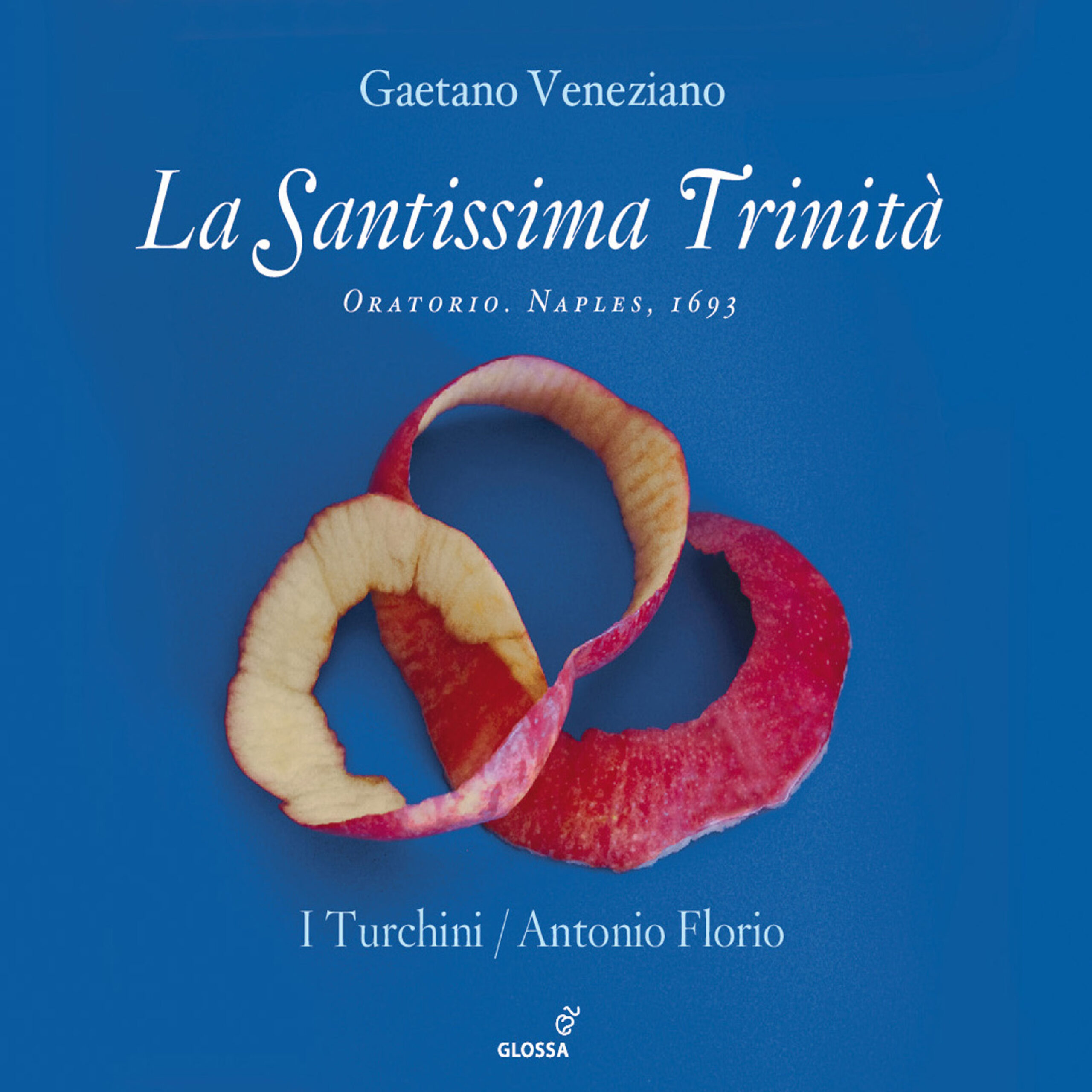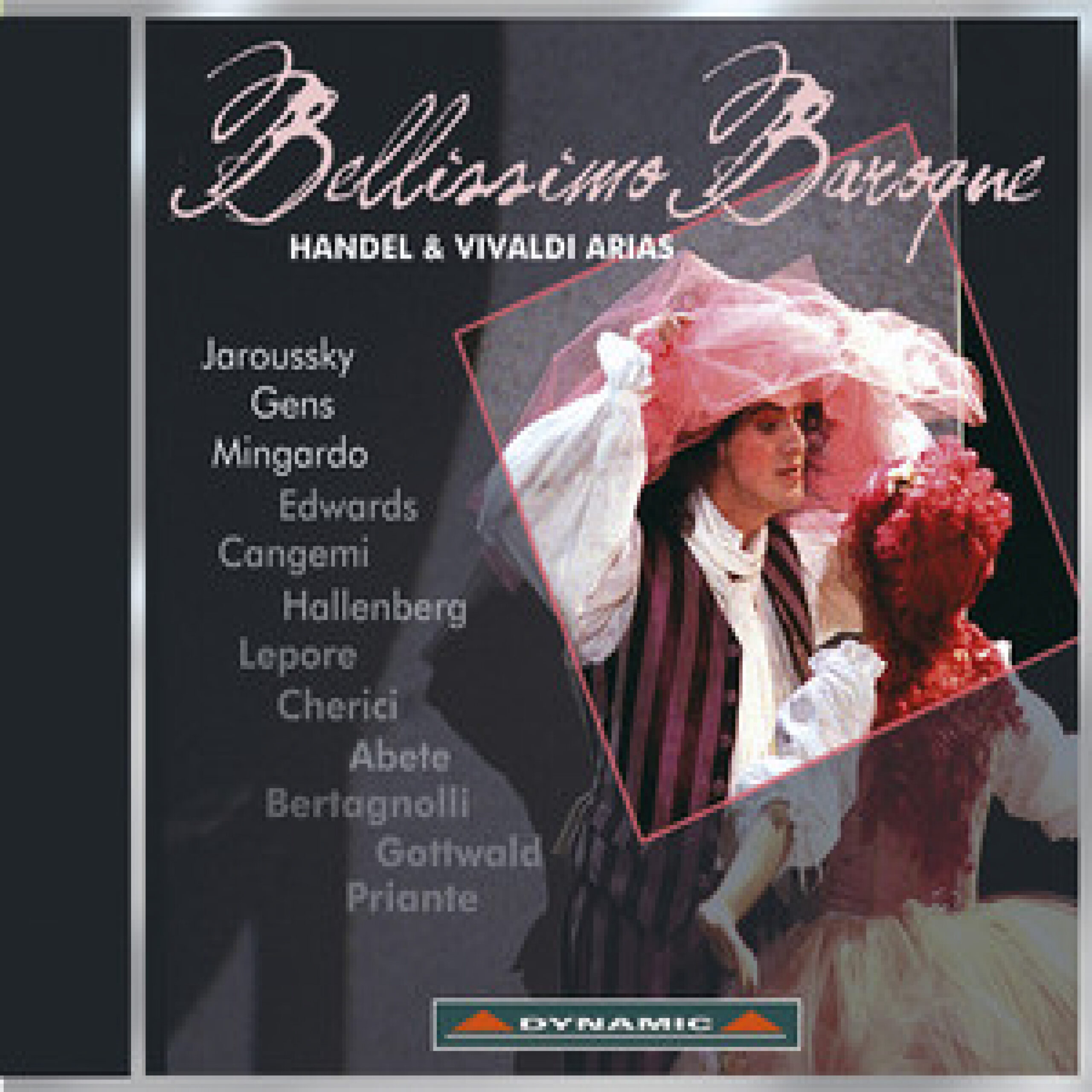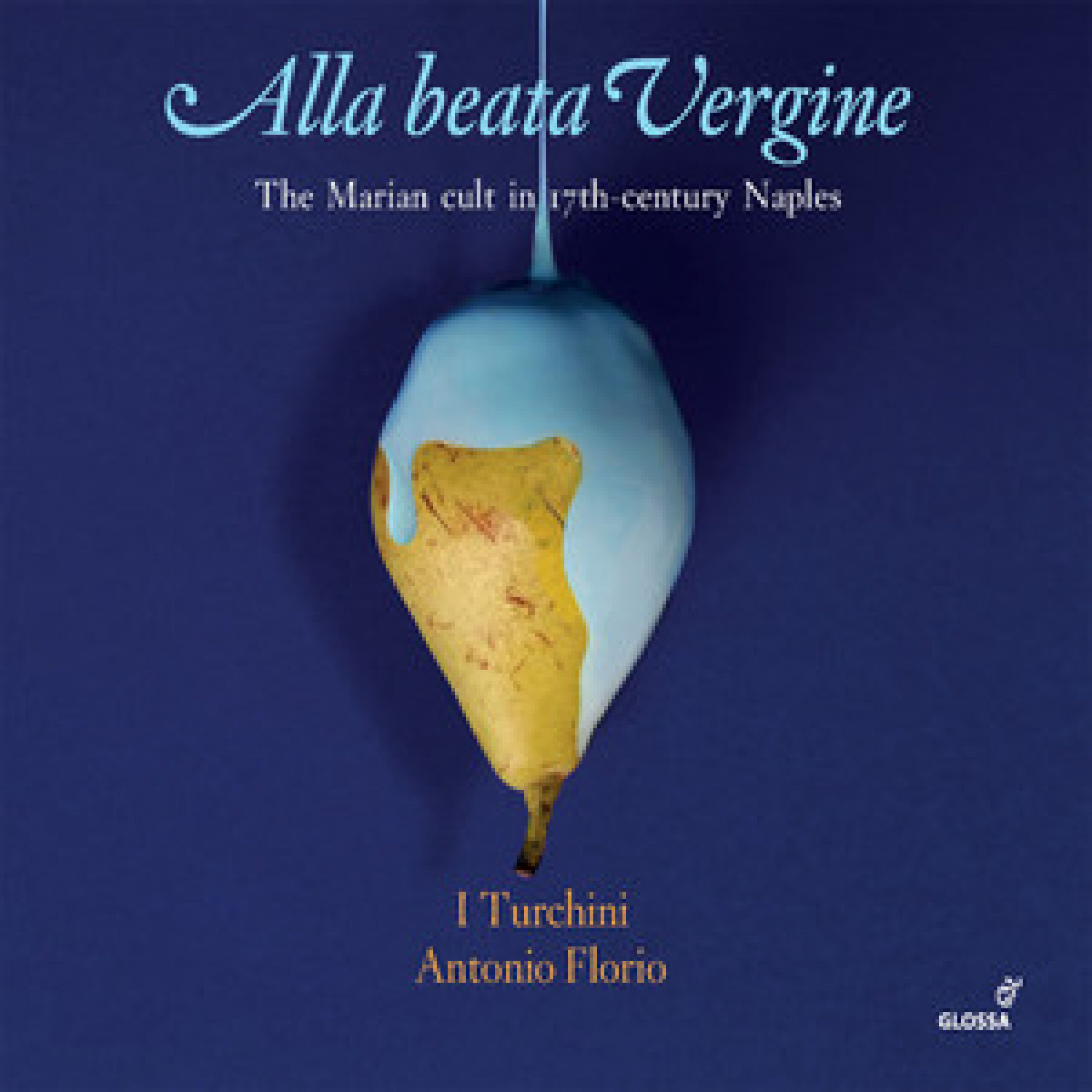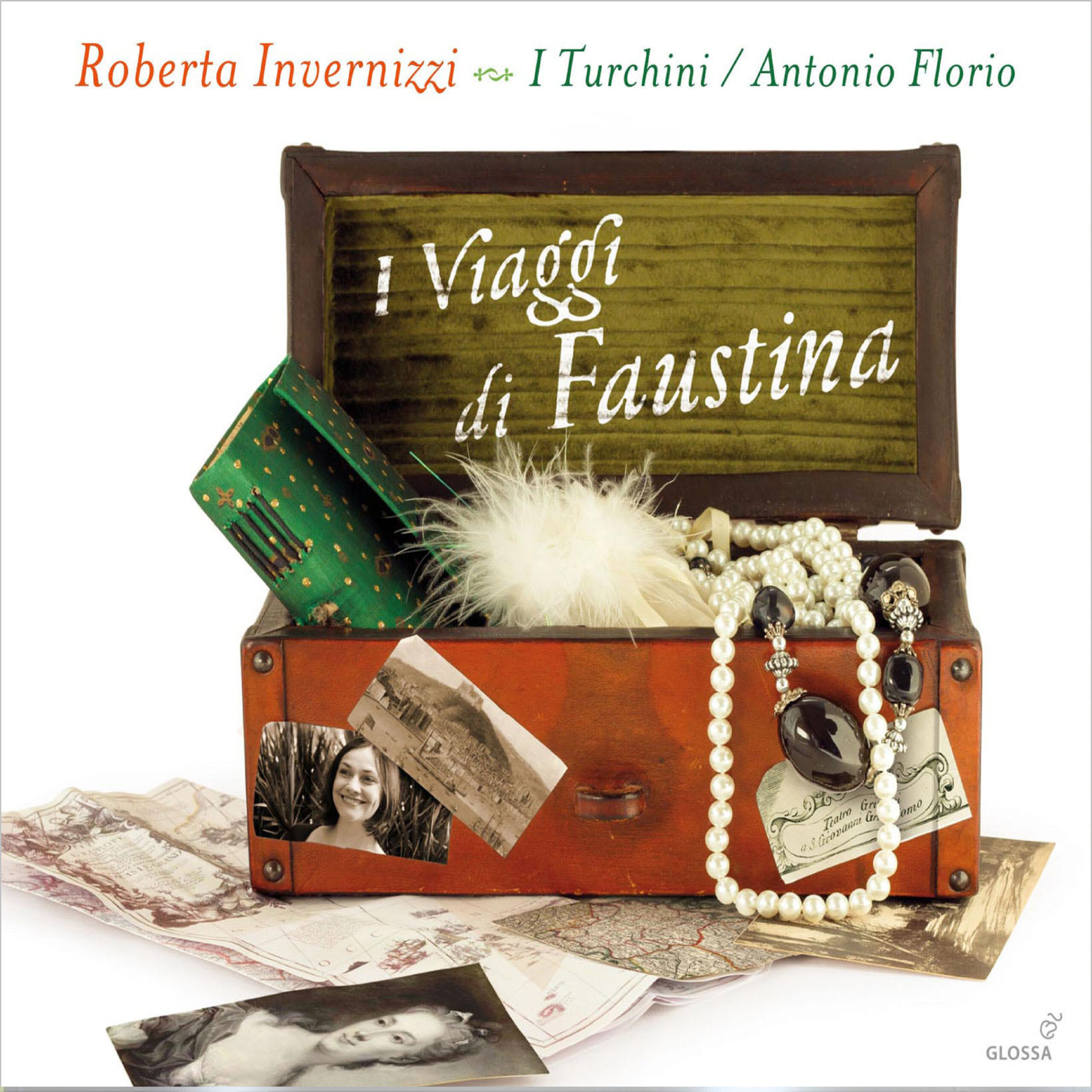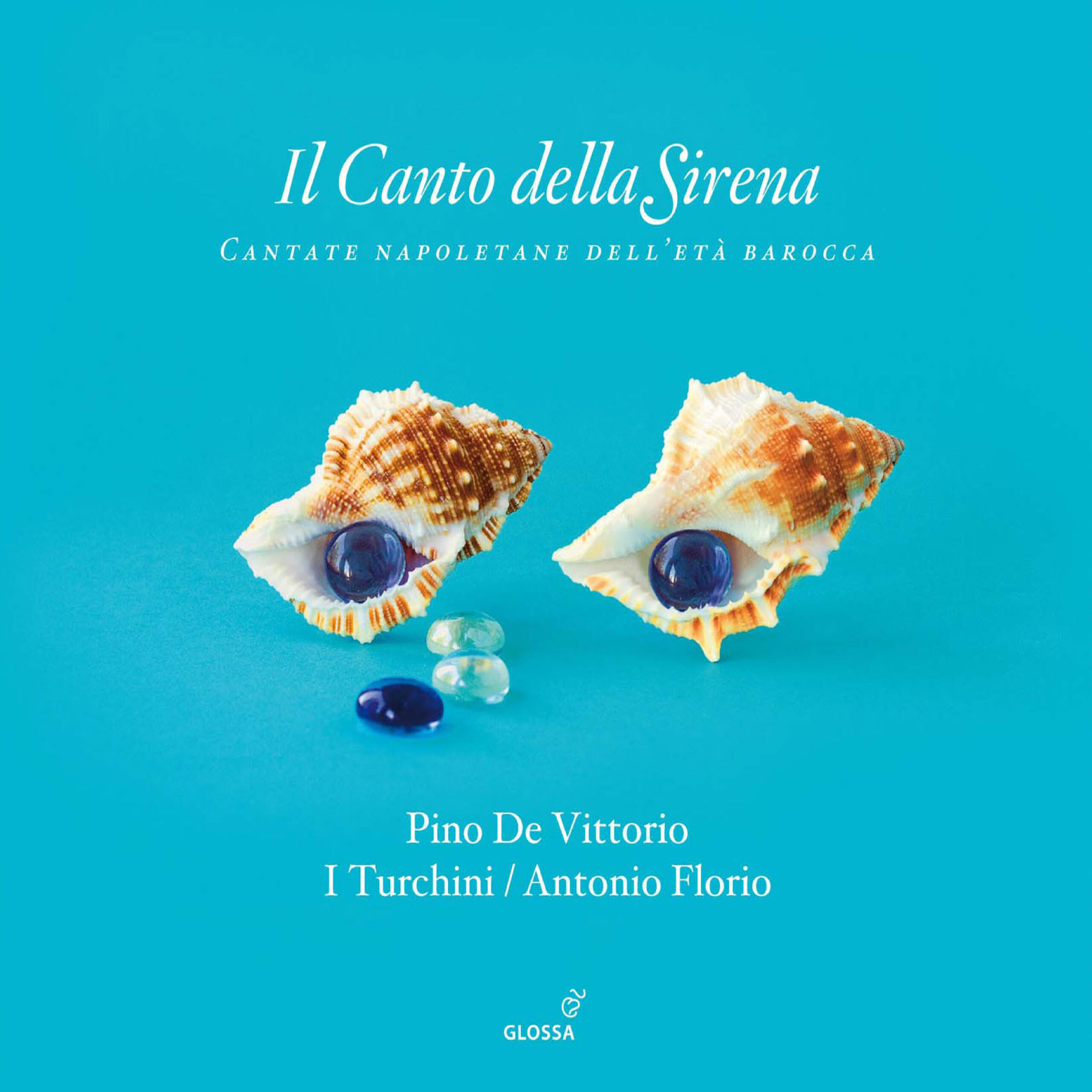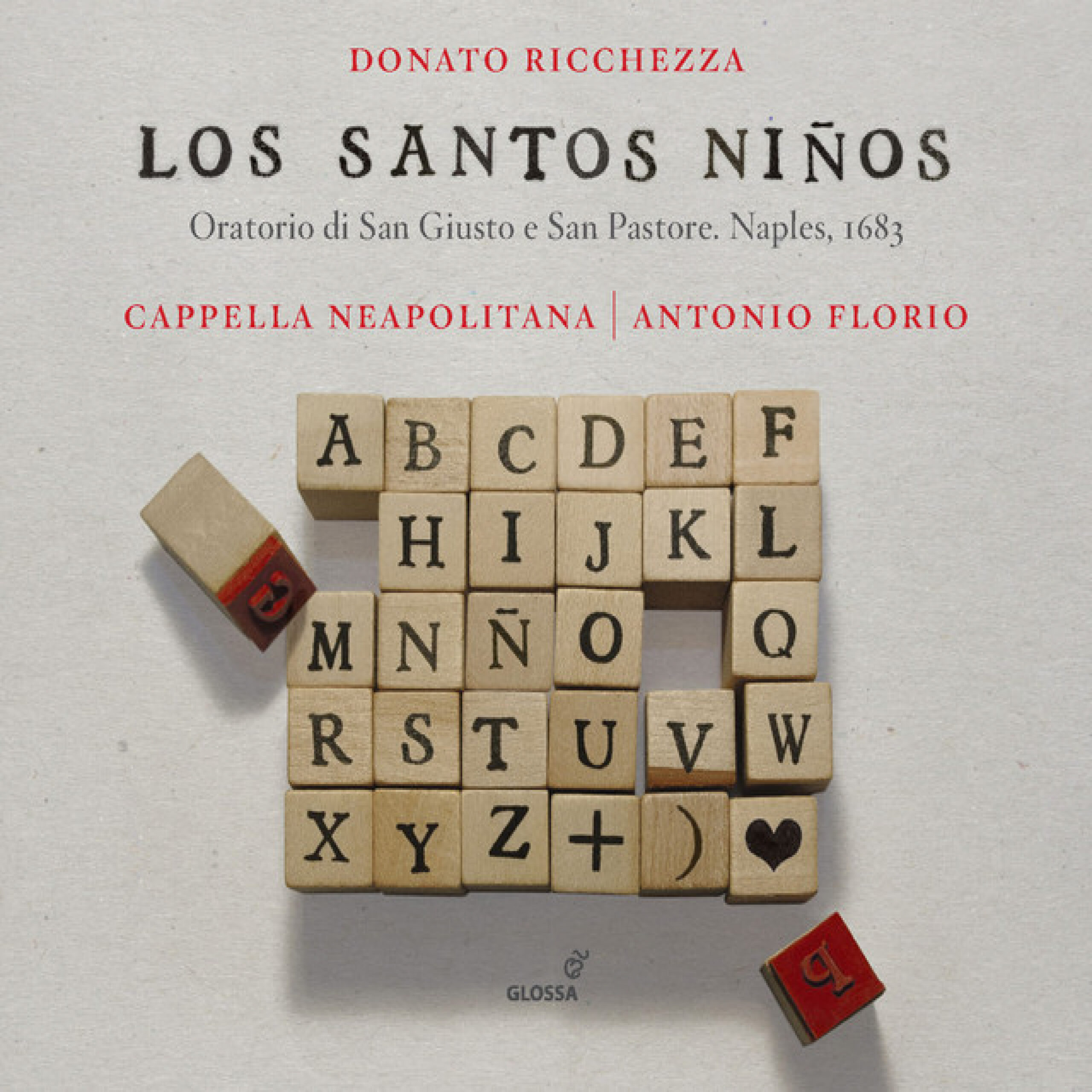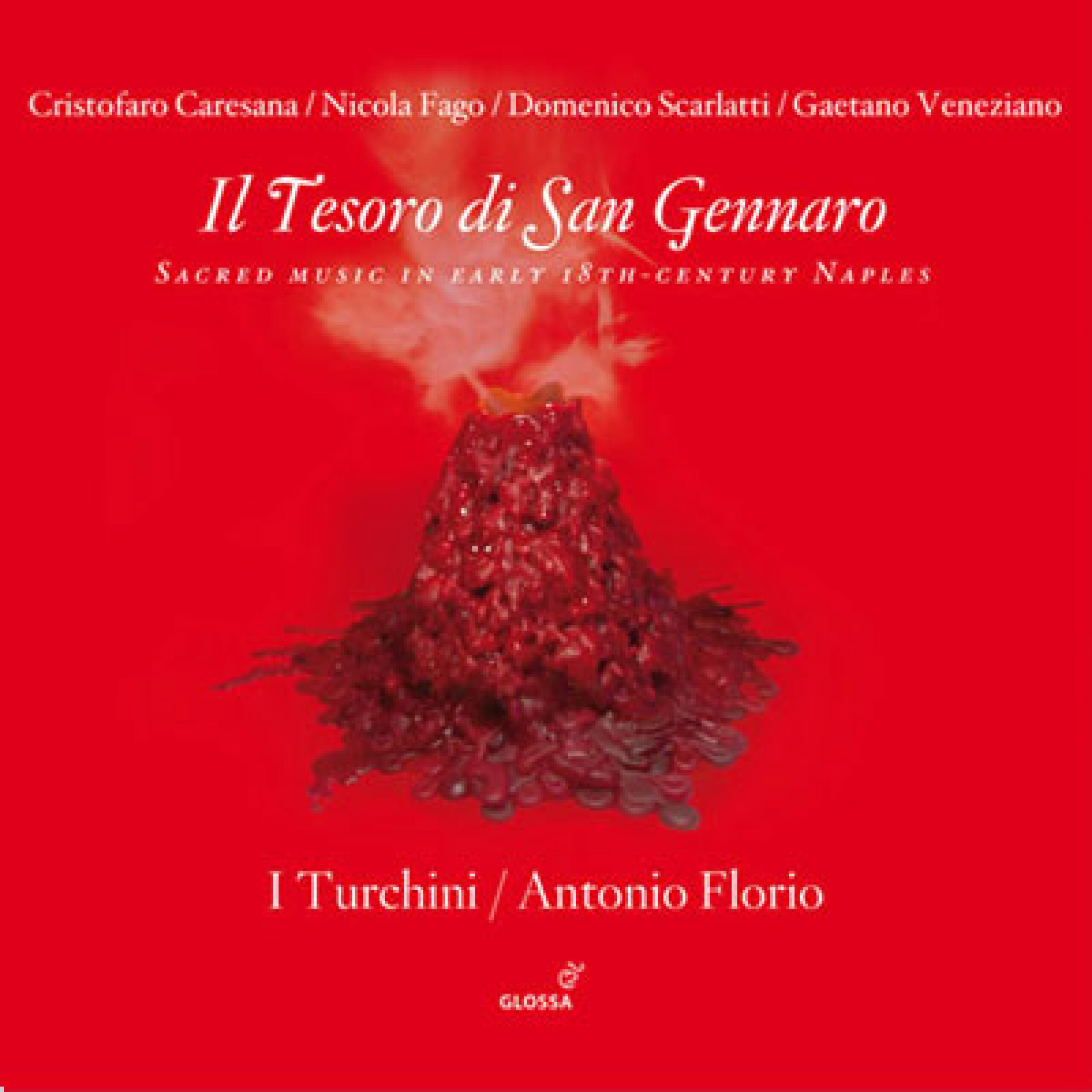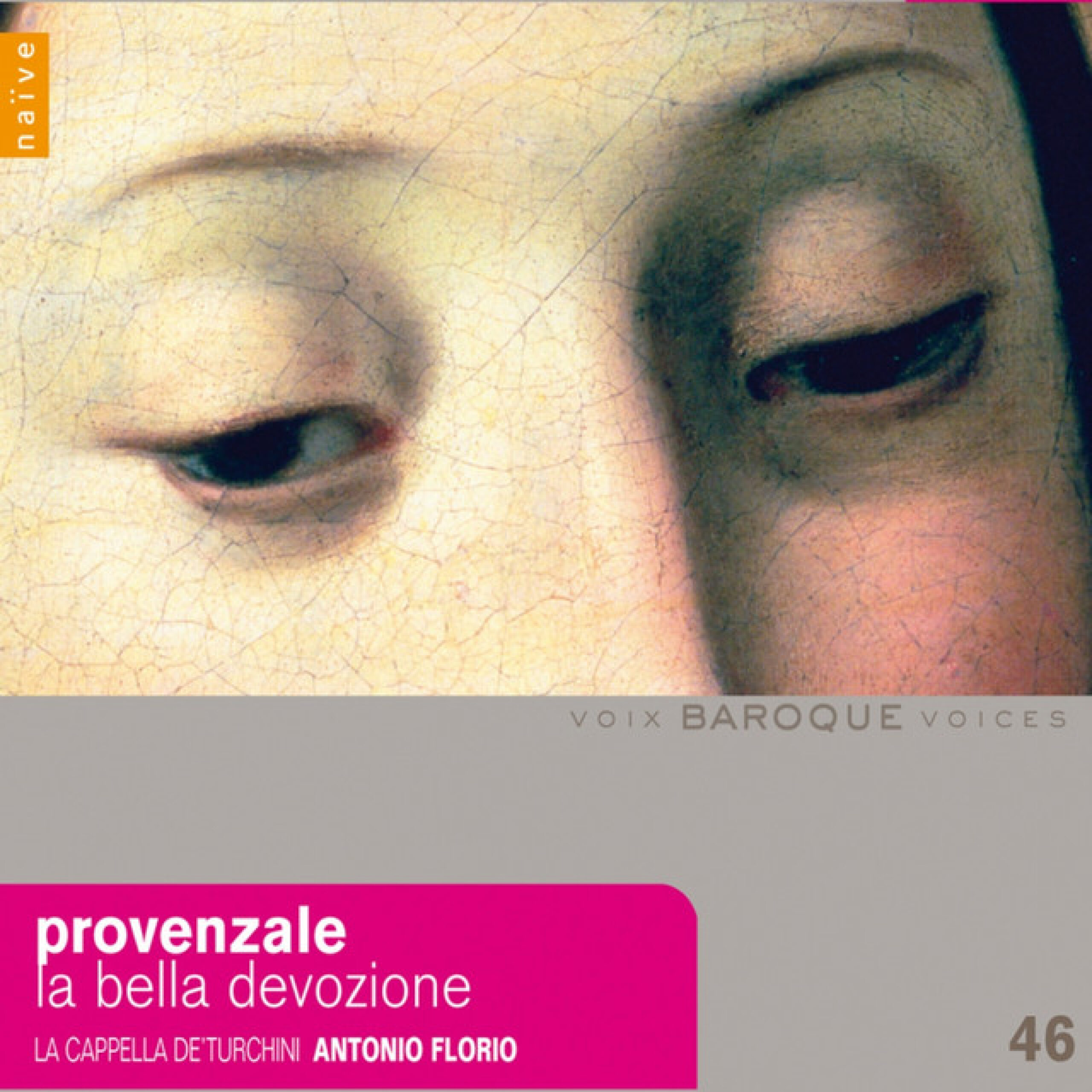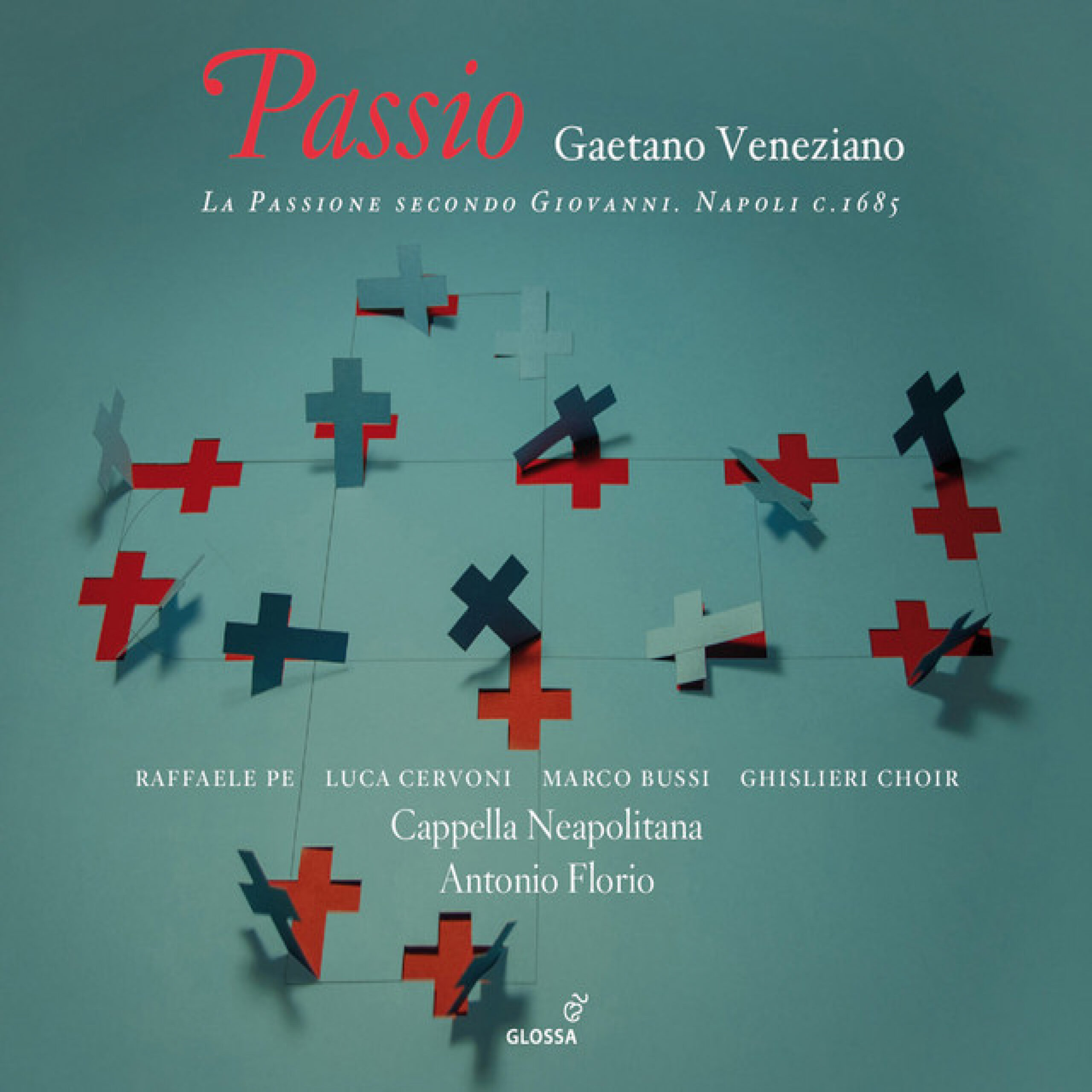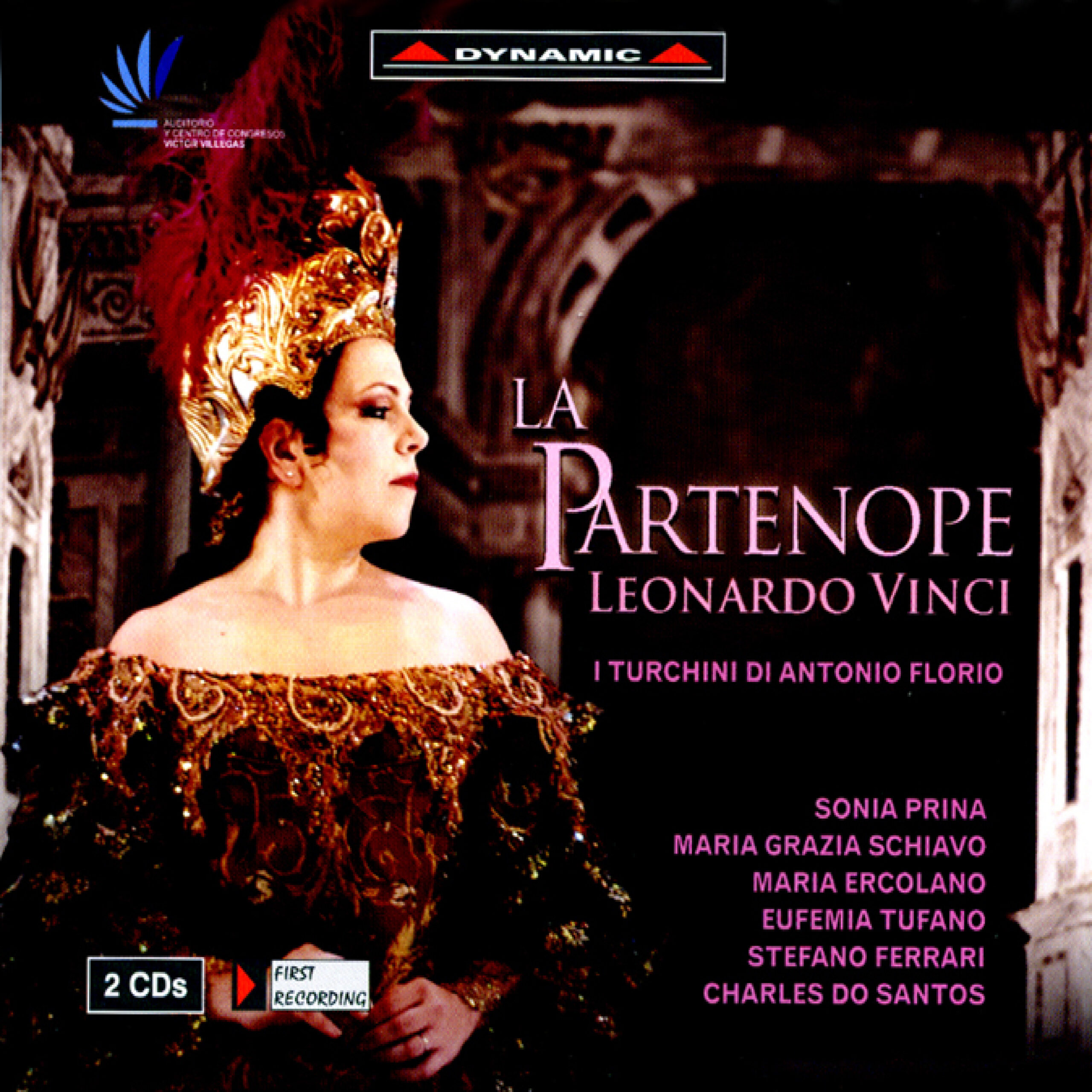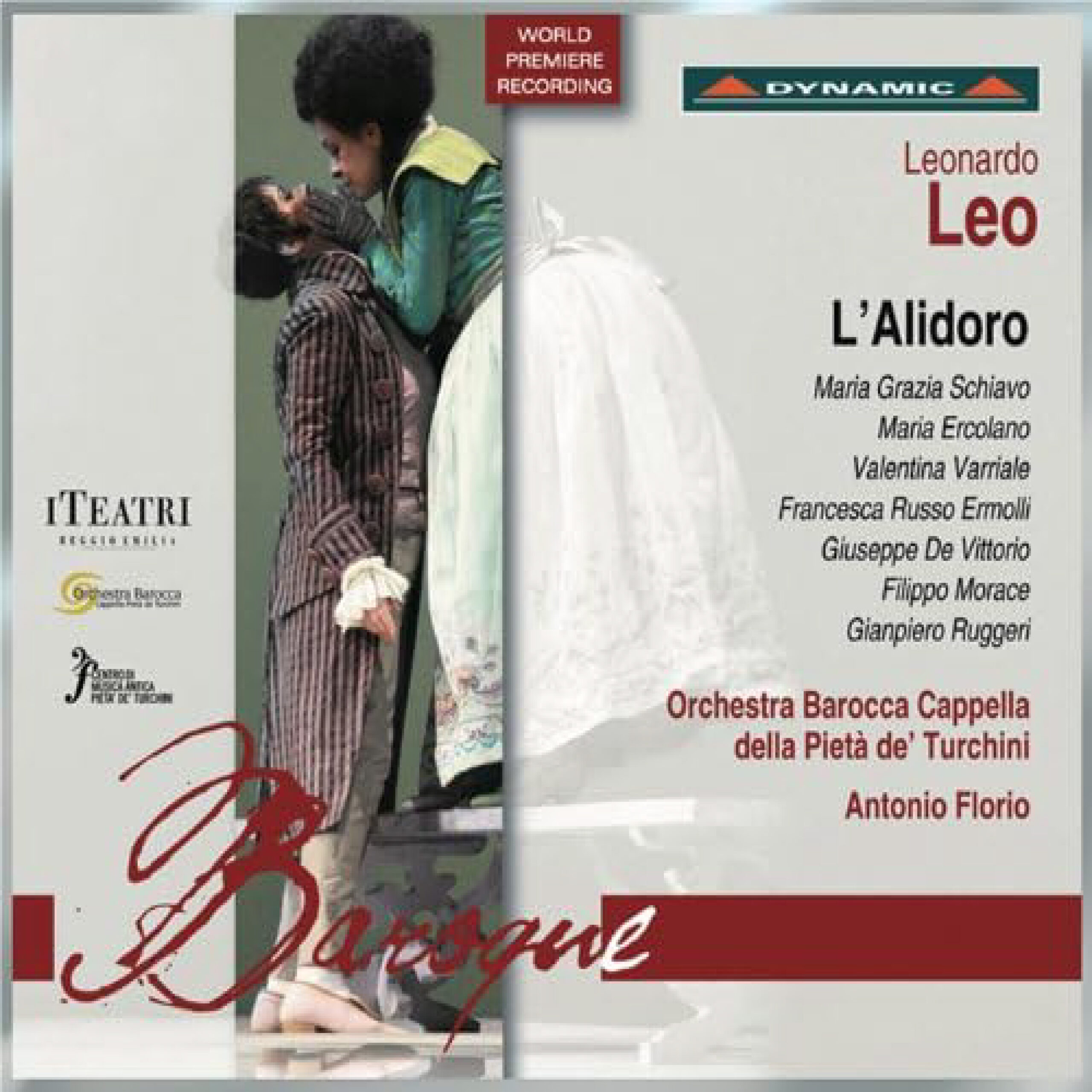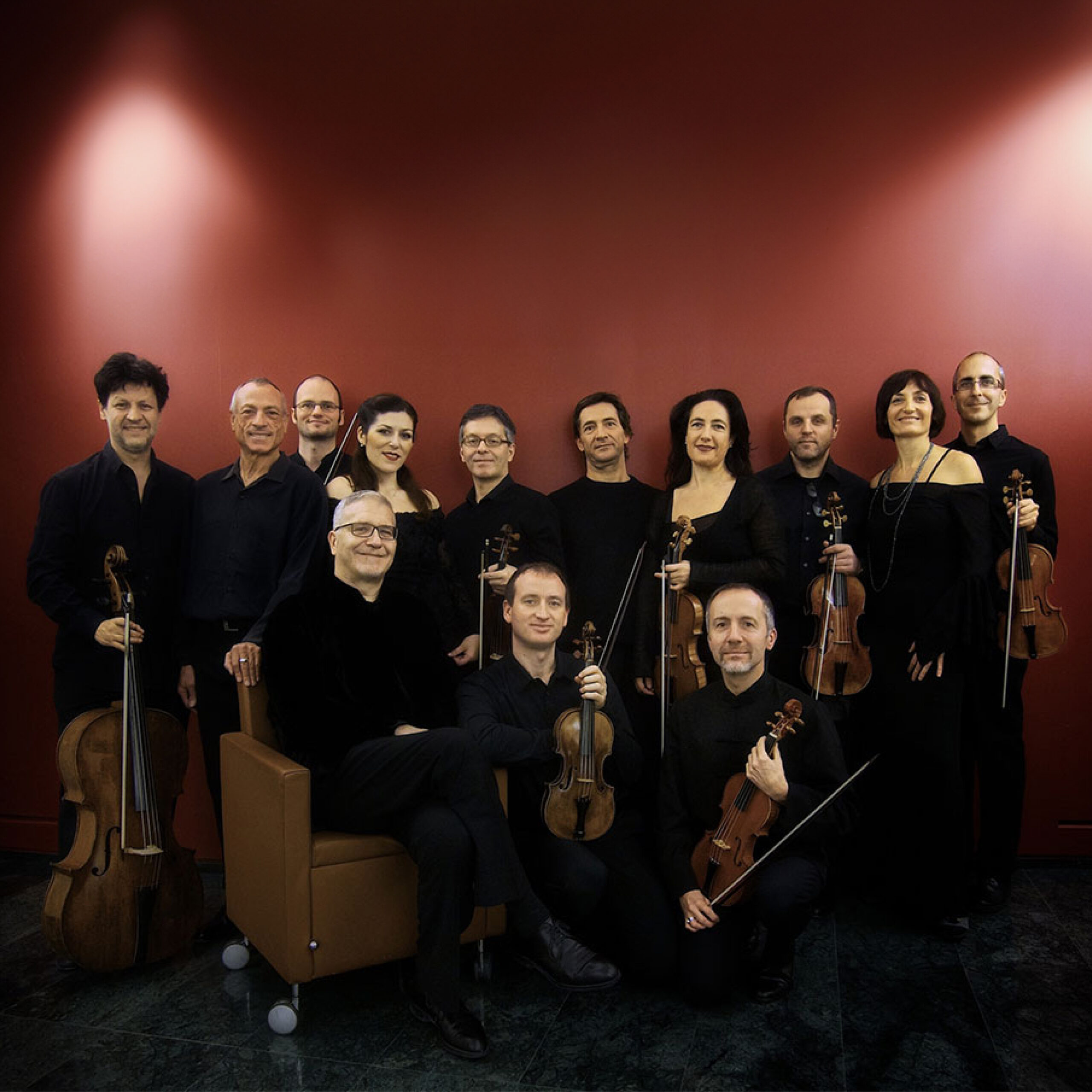
CAPPELLA NEAPOLITANA
Various projects
Alexis Bulgari
alexis@onlystage.co.uk
biography
This baroque ensemble, founded in 1987 by Antonio Florio as 'Cappella della Pietà de' Turchini', consists of instrumentalists - with period instruments - and singers specialised in the performance of the Neapolitan musical repertoire of the 17th and 18th Centuries and in the rediscovery of rare composers of that same period. The originality of the programmes and the rigorous respect for Baroque performance practice make it one of the spearheads of Italian and European musical life.
The ensemble has been invited by important presenters: Accademia di Santa Cecilia in Rome, Teatro San Carlo and Associazione Scarlatti in Naples, Palau de la Música in Barcelona, Berliner Philharmonie, Wiener Konzerthaus, Teatro Lope de Vega in Seville, Grand Théâtre de La Monnaie in Brussels... and has taken part in major European period music festivals: Monteverdi Festival in Cremona, Versailles Festival, in Nancy, Nantes, Metz, Caen, Ambronay, Barcelona, Potsdam, at the Festival de Otoño in Madrid, the Early Music Festival in Tel Aviv, BBC Early Music Festival, Cité de la Musique in Paris, Saison Musicale de la Fondation Royaumount, Mozart Festival in La Coruña.
It staged, or performed in concert form, an ample variety of Baroque operas: "La Statira Principessa di Persia" (F. Cavalli, 1655), "Il Disperato Innocente" (F.A. Boerio, 1673), "Dido and Aeneas" (1689) and "The Fairy-Queen" (1692) by Henry Purcell, "L'Ottavia restituita al Trono" (Domenico Scarlatti, 1703), "Aci Galatea e Polifemo" by G.F. Handel (1708), "La Salustia" by G.B. Pergolesi (1717), "La Partenope" (L. Vinci, 1725 - modern premiere), "Motezuma" (Francesco De Majo, 1765), "La finta Giardiniera" (Pasquale Anfossi, 1774).
The ensemble has recorded for Radio France, the BBC in London, Belgian, Spanish, German and Austrian radios and in 1998 was involved in the production of a documentary for Belgian television and of a film dedicated to opera buffa for the Franco-German broadcaster ARTE (winner of the UNESCO prize). His recording activity is particularly intense, with the production of seven CDs for the Symphonia label, dedicated to hitherto unpublished works of the Neapolitan Baroque repertoire, which have won awards from international critics. Between 1996 and 1998, the ensemble produced three operas in their first modern philological performance for the season of the Teatro Petruzzelli in Bari: "Stellidaura vendicata" (by Francesco Provenzale), "La finta Cameriera" (by Gaetano Latilla) and "Zite 'n galera" (by L. Vinci). In the same decade, other Provenzale operas were executed for the Teatro Massimo in Palermo and the Teatro San Carlo in Naples: "La Colomba ferita" and "Il Schiavo di sua Moglie" (both dd. 1672).
Among its many awards are the Prize of the French newspaper Le Monde, the Vivaldi Prize of the Cini Foundation in Venice, the Abbiati Prize of the National Association of Music Critics, the "Diapason d'Or" for "Li Zite'n Galera" and for "Il Pulcinella vendicato" (2002), and Vinci's "Le Cantate Spagnole"; the "Charles Cros" Prize of the Académie du Disque, the "Timbre de Platine" for "La Statira" by Francesco Cavalli.
Further recordings include Pergolesi's 'Stabat Mater', Provenzale's 'Missa Defunctorum' and the 'Neapolitan Cantatas of the 18th century' for the French record company Eloquentia. At the Cité de la Musique in Paris, the ensemble performed Handel's 'La Partenope' and Vinci's 'La Partenope' twice; also in France, they performed Pasquale Anfossi's 'La Finta giardiniera', in collaboration with the Fondation Royaumont and were among the protagonists of the Neapolitan Music Week organised by the Spanish Ministry of Culture. They also performed in China, Japan, Portugal and in the United States (New York, Washington).
More recently, the CD released in 2016, with the Glossa label, dedicated to the 'Passion of Gaetano Veneziano' with the participation of the Ghislieri Choir and vocal soloists Raffaele Pe, Luca Cervoni and Marco Bussi - the first under the new name Cappella Neapolitana - and the more recent rediscovery of a completely unknown Neapolitan 17th century protagonist, Donato Ricchezza (1651-1731): 'Oratorio de los Santos Niños' in 2017. In 2018, following Monteverdi's 'Orfeo' at the Teatro Regio in Turin and concerts at the Concertgebouw in Amsterdam and Ghent, and the modern premiere of Leonardo Vinci's 'Siroe Rè di Persia' at the Teatro San Carlo, a new exploration of the lesser-known sacred music of the Neapolitan 17th century has begun, seeking to provide exciting new surprises, that features the repertoire of Antonio Nola (1642-1715?) and his contemporaries.
The musicians of the Cappella Neapolitana vary according to the repertoire, although many of them have been there since 1987. It is presently housed in residence at the Domus Ars in Naples, which acts as a research and production centre in the field of ancient Southern Italian music. The renowned Spanish music critic Juan Ángel Vela del Campo is the honorary president of Cappella Neapolitana, while the consultant for musicological research, since its inception, is the Italian musicologist Dinko Fabris.
Antonio Florio
Born in Bari, Florio received a classical education, graduating in cello, piano and composition at the Bari Conservatory, under the guidance of Nino Rota. He later deepened his study of ancient instruments and Baroque performance practice, studying harpsichord and viola da gamba. After becoming a Conservatory teacher at a very young age, in 1987 he founded the early music ensemble 'Cappella della Pietà dei Turchini' with which he strongly innovated “as from the south of Italy” the performing practice of an extraordinary repertoire: that of Neapolitan music of the 17th and 18th Centuries – when Naples was the world’s musical capital – recovering, through a dual action of musicological research, always conducted with Dinko Fabris, and of performance, hitherto unknown masterpieces which have been re-performed in the most prestigious halls and festivals in the world and recorded on over 50 CDs.
Florio also conducted many performances of sacred and instrumental repertoire of Neapolitan music from 1400 to 1800, including a programme commissioned by cellist Giovanni Sollima with a piece he composed especially for Florio's group and recorded on CD. Florio's most successful concert programme, which has been touring the world for decades, is entitled 'Festa Napoletana', featuring the solo voice of the extraordinary singer-actor Pino De Vittorio, with whom Florio has been collaborating continuously for over thirty years.
No less demanding is his teaching activity: he has held seminars and masterclasses on baroque vocality and chamber music, among many other European institutions, for the Centre de Musique Baroque in Versailles, the Fondation Royaumont and the Conservatoire de Toulouse.
After changing the name of his historic group 'Cappella della Pietà de' Turchini' to 'Cappella Neapolitana', since 2016 Florio has created a new centre for early music in the heart of Naples, in the splendid Baroque church of San Francesco delle Monache in Santa Chiara. In 2018, his conducting of Monteverdi's 'Orfeo' at the Teatro Regio in Turin was described by critics as a 'feat of the highest cultural value'. In the same year, the international consecration of his constant work of rediscovering the treasures of Naples came with acclaimed concerts at the Concertgebouw in Amsterdam and Ghent, the modern premiere of Vinci's 'Siroe Rè di Persia' at the Teatro San Carlo and, in 2019, the artistic direction of the 19th edition of the prestigious 'Misteria Paschalia' Festival in Cracow (Poland).
